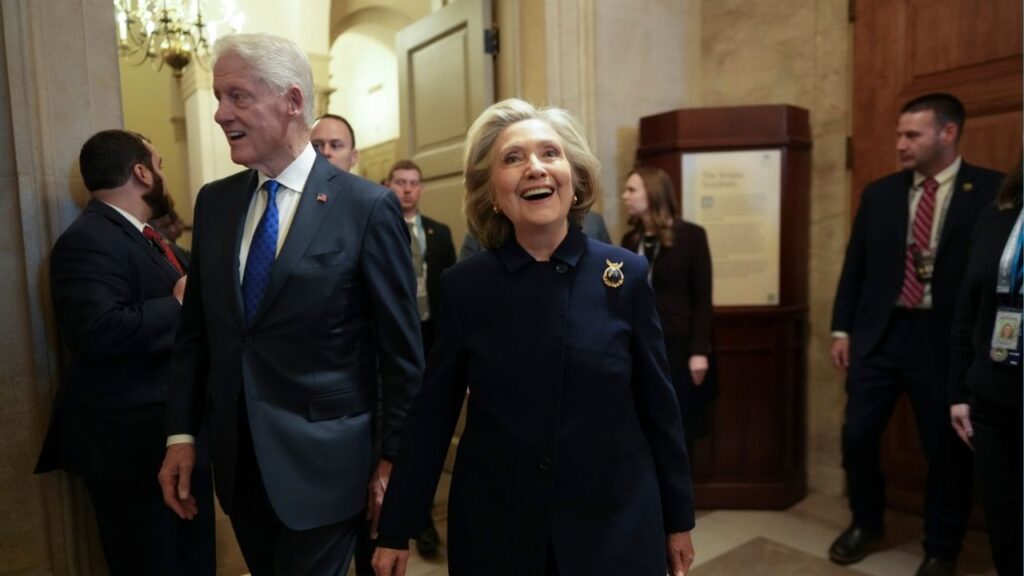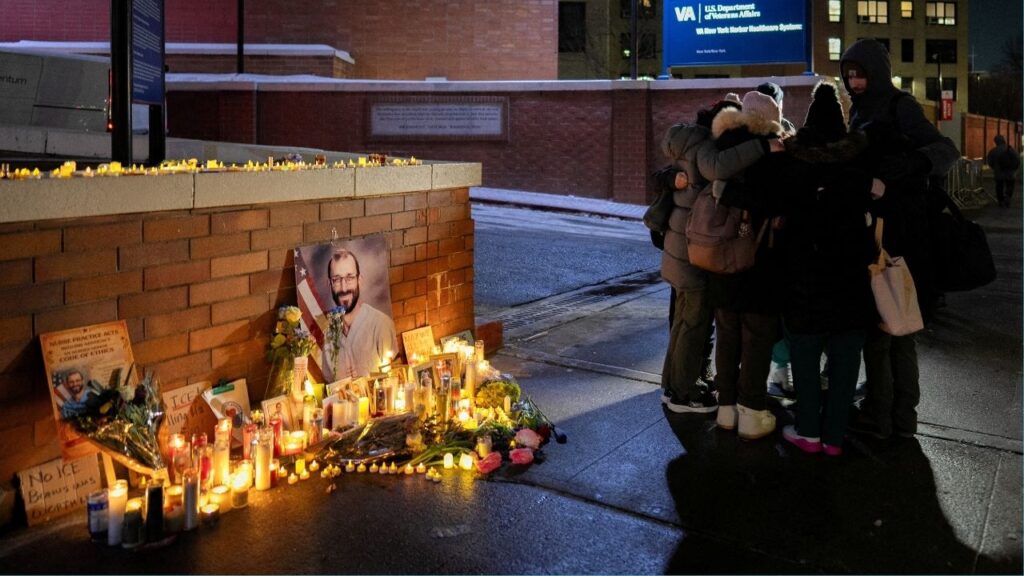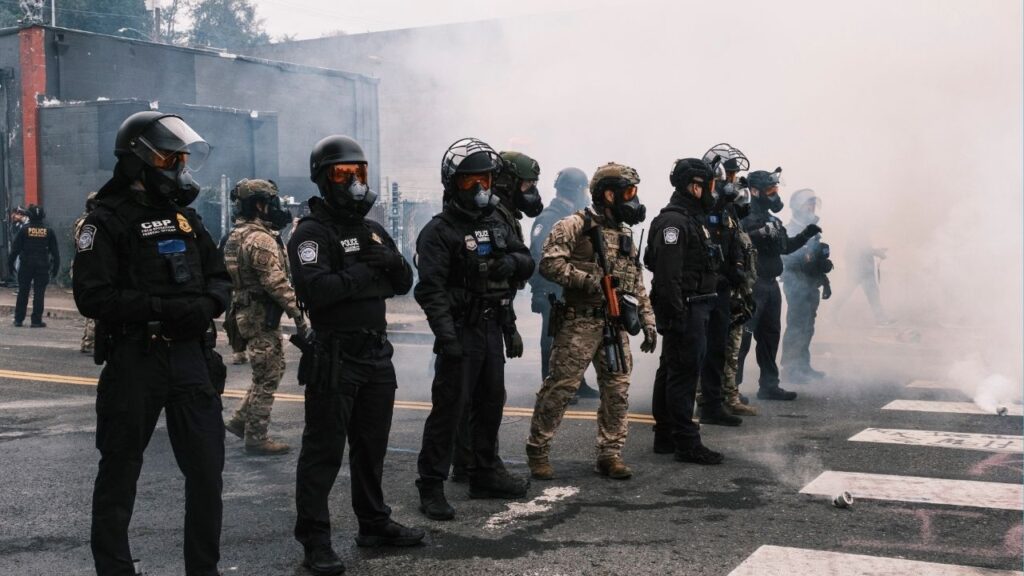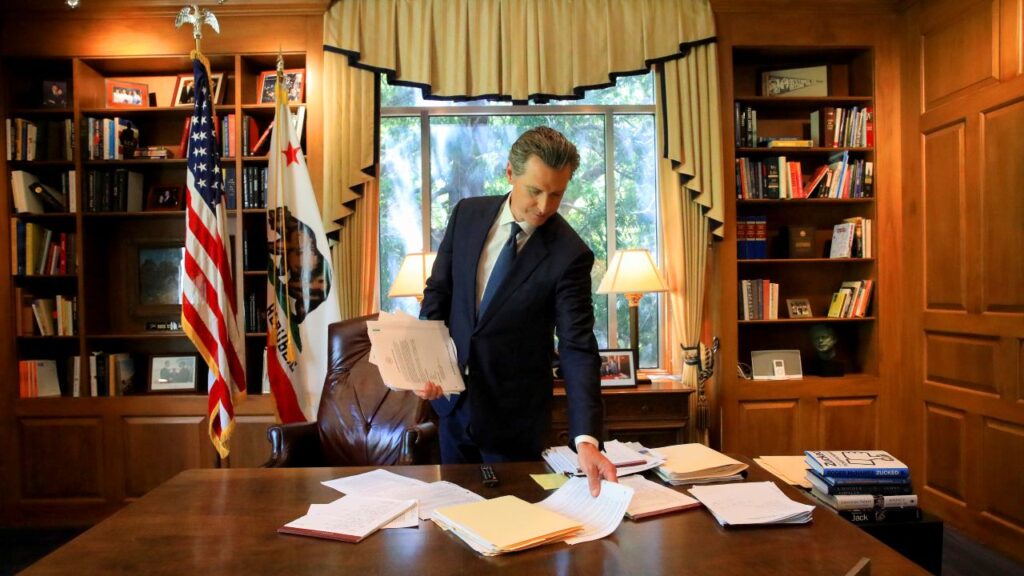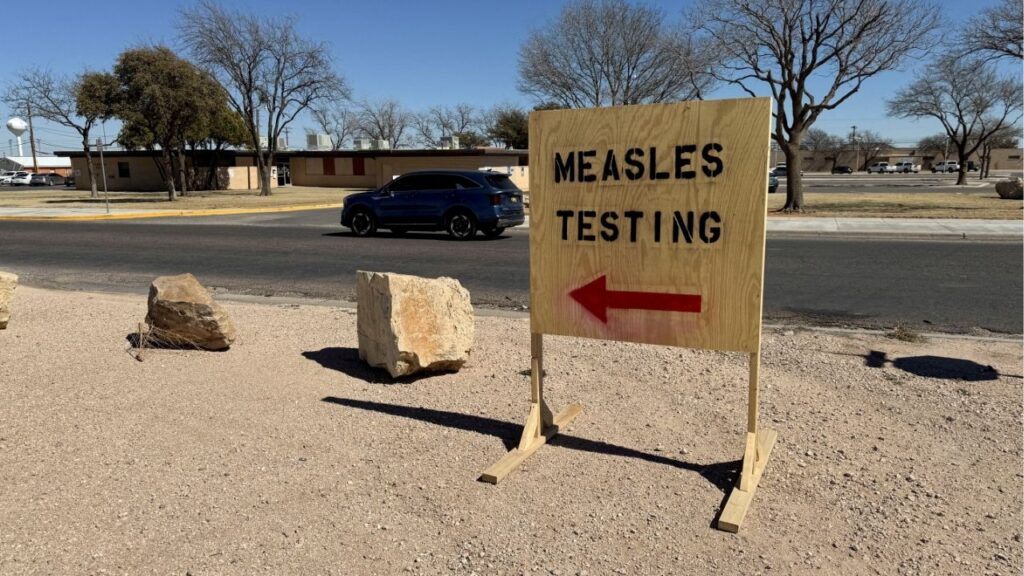Share
Temperature checks could be required of you. Masks and gloves might be mandatory for your server. Fewer tables might be a requirement for your favorite restaurant.
“You may be having dinner with a waiter, wearing gloves, maybe a face mask,” said Newsom.”Dinner, where the menu is disposable, where half of the tables in that restaurant, no longer appear. Where your temperature is checked before you walk into the establishment. These are likely scenarios.”
Local Restaurant Owners
Chuck Van Fleet, owner of Vino Grille & Spirits, and president of the Fresno chapter of the California Restaurant Association, said that Fresno has the most stringent screening or rules of any cities.
Van Fleet says his legislative contacts tell him it will be up to the city and county health departments to determine what restaurants must do to reopen. He’s offering takeout service and has produced a video for his customers showing them how to stay organized and safe during the pandemic.
Van Fleet says, “The real concern is if we open at 50%, I can’t afford to bring in 100% of my staff to take care of the restaurant.”
Van Fleet points to the April 10th shelter in place order issued by Fresno City Manager Wilma Quan as a road map to reopening. The last two pages of the order offer a series of boxes that must be checked. Some of those include:
- Mandatory signage
- Measures to protect employee health
- Measures to protect crowds from gathering
- Measures to keep people at least six feet apart
- Measures to prevent unnecessary contact
- Measures to increase sanitation

Customers coming for takeout orders are separated alphabetically at Vino Grill & Spirits (Chuck Van Fleet)
Shirinian: One Size Doesn’t Fit All
Mike Shirinian, owner of the Elbow Room takes issue with some of the forward-looking statements from the governor.
“It seems that some of the measures discussed (Wednesday) are a bit draconian,” Shirinian said.
“I think the state should allow each and every restaurant, depending on the area they are in California, to be able to determine what is safe and reliable for their customers,” he said.
Many restaurants understand the importance of ambiance. That importance is not lost on Shirinian.
“I’m having a difficult time thinking about a customer coming in and seeing masks and gloves. It begs the question, if you are a customer are you going to eat somewhere where you feel like you’re eating lunch or dinner at a hospital?”
Social Media Campaign Showcasing Changes
Shirinian and Dave Fansler, who is president of Fansler Restaurant Group, will team up over the coming days for a social media campaign. They’ll produce a series of videos to show customers the steps they’ve already taken, and will be taking into the future to keep patrons safe.
Fansler said in a text message that he knows of several locally-owned restaurants that plan on opening May 7 in a full service, but limited capacity. Those include Pismo’s, 5, Cracked Pepper, Elbow Room, and many others.
Fansler has even started the process of inching toward opening by posting a video on Pismo’s Instagram account. He says after he posted the video he was contacted by many other restaurants wanting to team up and craft consistent policies of protection for the community.
https://www.instagram.com/p/B_BJGeOAGz9/
California Restaurant Association
GV Wire reached out to the California Restaurant Association to see if it has received guidance from the state.
CEO/President Jot Condie said, “We’re grateful to Gov. Newsom and his team for trying their best to imagine some scenario under which restaurants can reopen, but it’s now clear that the fight for our public health is ongoing, and that physical restrictions will continue, in some form or another, for an extended period of time.
“So, what is most critical right now for the future of restaurants is stepped-up state relief. That’s because restaurants will have difficulty sustaining their businesses and their workforce if their number of guests is restricted, particularly if public health needs dictate that those restrictions last months.”
- “California restaurants, which employ 1.4 million people during normal times, have been one of the industries hardest hit by COVID-19. “
- “Restaurants also generate more sales tax than any other industry, and that’s important because it helps fund public education, firefighting, and law enforcement.”
- “They are mostly independently-owned businesses whose owners live in the same community where they operate. In California, 60% of restaurants are owned by people of color.”
Restaurant Magazine Looks Ahead to Survival in Post-Lockdown World
QSR is a business-to-business magazine for the limited-service restaurant segment. Some of its recommendations:
- “Build your company’s digital ordering infrastructure now. Take this time of inactivity to build the app, install store shelving, and create marketing collateral so on the first day of your stores’ reactivation you’re also launching your digital ordering platform.”
- “Adjust your product offerings to accommodate new consumer needs. Launch catering items that are individually packaged and “grab and go,” like lunch boxes, or family packs for dining at home.”
- “Communicate with your employees. Phone calls are better than emails. Write down your bullet points, start dialing, and commit to routine communication. Your employees will never forget it.”
A Fight for Business Interruption Insurance Claims
The Independent Restaurant Coalition was formed to save local restaurants affected by COVID-19. The coalition’s mission statement says 11 million people across the country employed by restaurants.
In a report on Yahoo Finance, many restaurant owners say they fear that when the U.S. economy re-opens, their financial losses will continue to mount. They are concerned that people will be reluctant to gather in crowded rooms in the absence of a cure for the coronavirus.
Financial relief from Congress doesn’t currently account for that scenario, the IRC points out. The group is also asking Congress for tax rebates, and a requirement that business interruption insurance be extended to cover the coronavirus pandemic.
In a letter to House and Senate leadership, the IRC writes, “Every restaurant across the country pays premiums for business interruption insurance to safeguard their businesses and the livelihoods of their employees in the case of natural disaster or Civil Authority Shutdown. Unfortunately, these very firms we rely on to protect us are avoiding coverage during this disaster by falsely claiming that the virus does not cause a dangerous condition to property.”
“We’re also looking to extend the maximum loan to three months after we’re allowed to reopen because after the eight-week clock runs out, independent restaurants will still be closed,” said Kwame Onwuachi, founding member of the IRC, which represents over 500,000 restaurants.
Watch: Fresno Leaders’ Tips for Staying Safe From COVID-19







